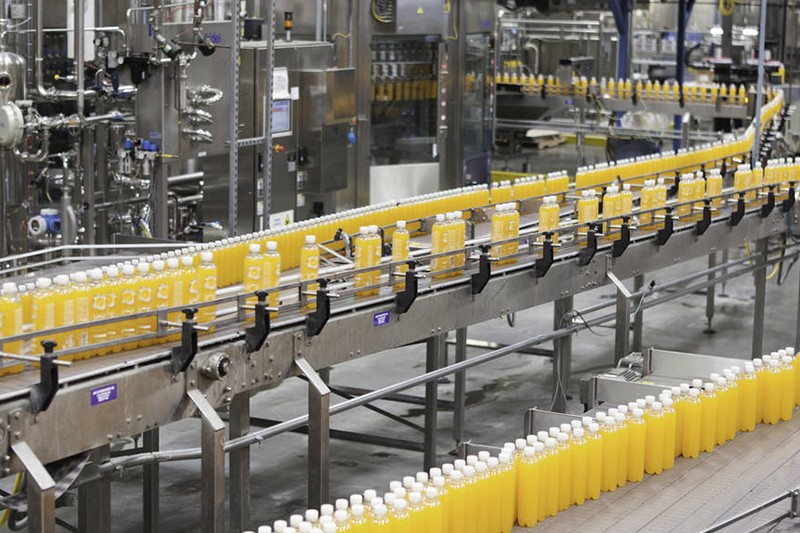Classification
PRODUCT CATEGORY
Contact
CONTACT INFO
contacts:Manager Li
Address: Luogou Village, Taiyang Street Office, Wafangdian City, Liaoning Province
Food Machinery
Food equipment, as it produces food, not only needs to ensure safety, but also requires improved convenience in equipment maintenance. Food and beverage processors and OEM manufacturers continue to face many pressures, such as the need to optimize production, reduce costs, and comply with health, safety, and environmental regulations. They hope to find new technologies and services to address these business challenges. Food grade is often considered equivalent to food grade seals, food grade lubricants, and corrosion-resistant bearing units. We are now raising standards to support active food safety by providing fully sealed, lifetime lubricated, and food safe bearing units aimed at improving bearing performance. Applications such as cleaning, sorting, grading, peeling, separation, and mixing require a large amount of water or other liquids.

Due to high humidity, corrosive cleaning agents and pollutants can damage bearing seals and cause corrosion problems. Lubricant loss and bearing failure often occur one after another, leading to an increase in maintenance needs and worker safety risks. Many raw materials have seasonal restrictions, so once they arrive, they must be processed as soon as possible. The operating parameters of the equipment have reached their limits, which will accelerate wear and increase the risk of unplanned shutdowns. With reliable bearing units, even in harsh processing environments, you can reduce maintenance costs. As the equipment does not require further lubrication and is used for a longer period of time, food and beverage manufacturers can save a lot of maintenance costs and increase the possibility of achieving higher production. All components are designed with hygiene and do not require additional lubrication. The time required to clean open units is reduced by 33%, so you can obtain longer normal production operation time, help reduce unplanned downtime, lower maintenance costs, and reduce potential food production line contamination risks.
 Chinese
Chinese Vietnamese
Vietnamese

